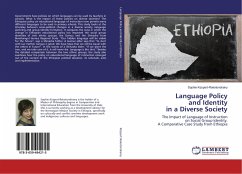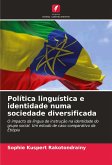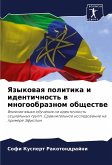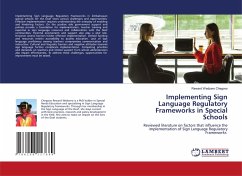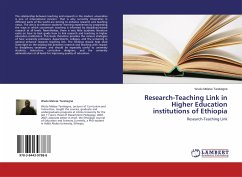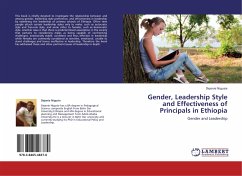Governments have policies on which languages can be used by teachers in schools. What is the impact of these policies on diverse societies? The Ethiopian policy on educational language of instruction now permits many different languages to be used in primary schools. This study looks at the interplay between socio-political changes in a diverse society, language planning and group identity formation. It compares the ways in which the change in Ethiopian educational policy has impacted the social group identities of two ethnic groups: the Gumuz and the Shinasha from Benishangul Gumuz Regional State. "Our hidden language will be visible for the future", says a Shinasha father. A Gumuz elder says that "to start with our mother tongue is good. We have hope that we will be equal with the others in future". In the words of a Shinasha elder: "If we plant the tree, and we take care of it, it will never die. Language is like that." Besides the detailed comparison between the two ethnic groups, the study also examines how the policy on educational language of instruction emerged out of the context of the Ethiopian political situation, its rationale, aims and implementation.
Bitte wählen Sie Ihr Anliegen aus.
Rechnungen
Retourenschein anfordern
Bestellstatus
Storno

